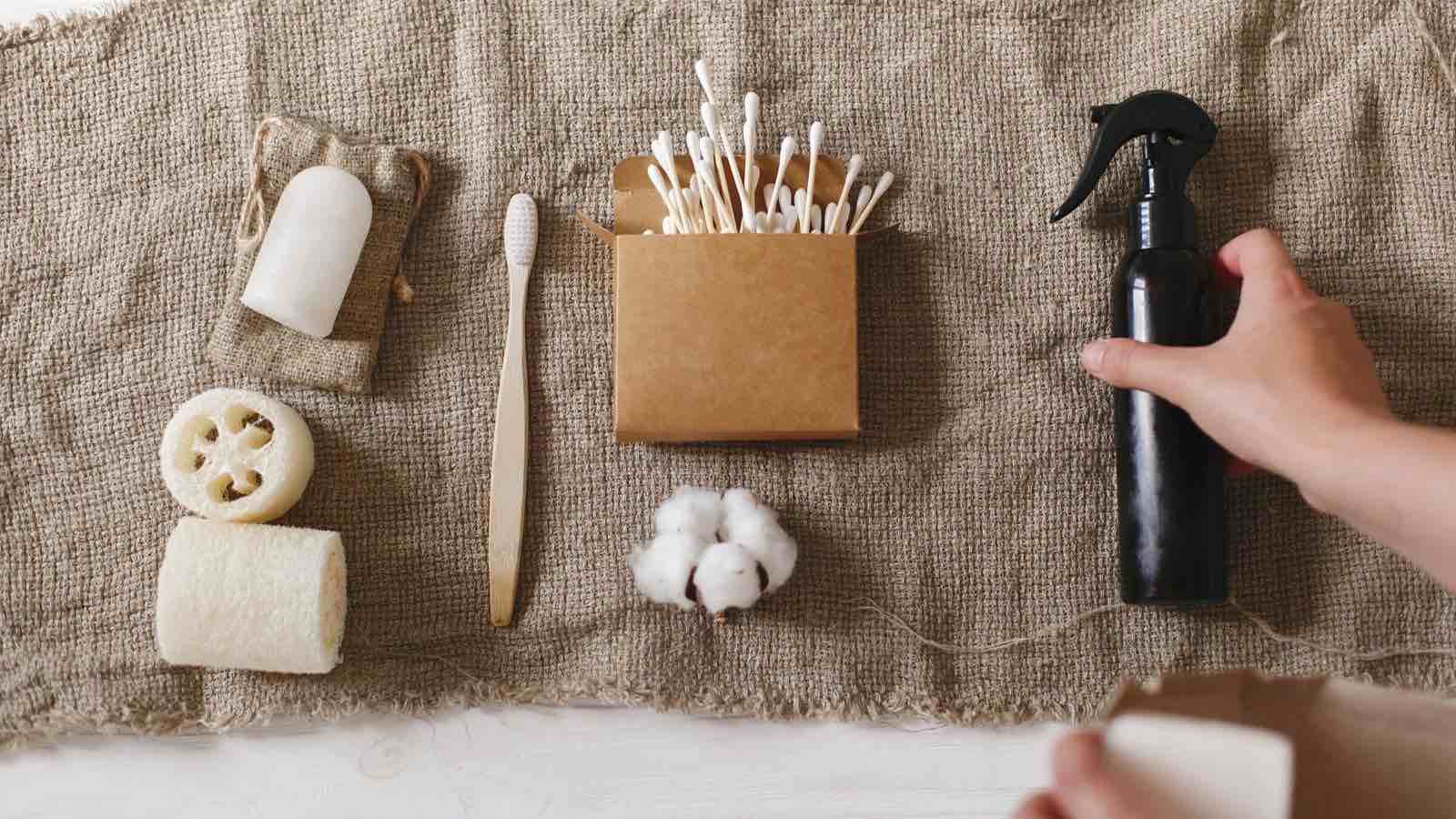
Elevate Your Personal Care Routine with Eco-Friendly Practices
In today’s interconnected world, where environmental consciousness is increasingly becoming a cornerstone of modern living, it’s imperative to extend our green efforts to all facets of our lives, including personal hygiene. Our daily hygiene rituals, ranging from brushing our teeth to showering, hold profound implications for the environment due to the products we utilize and the waste we generate.
However, by embracing eco-friendly practices, we have the power to significantly mitigate our carbon footprint and foster a healthier planet for current and future generations alike. This article aims to delve deep into various strategies to green your hygiene routine, offering nuanced insights and practical tips to help you reduce waste, conserve resources, and champion sustainability in your everyday life.
Choose Sustainable Products
 One of the most accessible entry points into greening your personal hygiene routine revolves around the conscious selection of eco-friendly products. By prioritizing items crafted from natural, biodegradable materials such as bamboo toothbrushes, organic cotton pads, and reusable menstrual products, individuals can effectively minimize plastic waste and circumvent exposure to harmful chemicals commonly found in conventional hygiene products. This shift not only benefits the environment but also promotes personal health and well-being by reducing reliance on synthetic substances.
One of the most accessible entry points into greening your personal hygiene routine revolves around the conscious selection of eco-friendly products. By prioritizing items crafted from natural, biodegradable materials such as bamboo toothbrushes, organic cotton pads, and reusable menstrual products, individuals can effectively minimize plastic waste and circumvent exposure to harmful chemicals commonly found in conventional hygiene products. This shift not only benefits the environment but also promotes personal health and well-being by reducing reliance on synthetic substances.
Make Your Products
 In the pursuit of eco-friendly personal hygiene, empowering oneself to create homemade hygiene products using natural ingredients emerges as a potent avenue for sustainability. DIY recipes for essentials such as toothpaste, deodorant, and facial cleansers abound online, offering individuals the autonomy to curate formulations free from harmful chemicals while simultaneously minimizing packaging waste.
In the pursuit of eco-friendly personal hygiene, empowering oneself to create homemade hygiene products using natural ingredients emerges as a potent avenue for sustainability. DIY recipes for essentials such as toothpaste, deodorant, and facial cleansers abound online, offering individuals the autonomy to curate formulations free from harmful chemicals while simultaneously minimizing packaging waste.
This hands-on approach not only fosters a deeper connection with one’s personal care routine but also serves as a testament to the transformative potential of embracing self-sufficiency in pursuit of sustainability.
Opt for Minimal Packaging
In a world besieged by packaging waste, conscientious consumers are increasingly gravitating towards products adorned with minimal or recyclable packaging. By exercising discernment in product selection and favoring brands that prioritize sustainable packaging materials such as glass, cardboard, or compostable plastics, individuals can tangibly reduce their environmental footprint while signaling demand for eco-friendly alternatives within the marketplace.
Moreover, embracing bulk purchasing options offers a dual benefit of minimizing packaging waste and unlocking potential cost savings over time.
Support Eco-Friendly Brands
 As discerning consumers increasingly prioritize sustainability in their purchasing decisions, the onus falls on brands to align their practices with evolving environmental values. By consciously supporting brands that champion sustainability through their production processes, sourcing methods, and packaging choices, consumers can exert a profound influence on industry norms while incentivizing broader adoption of eco-friendly practices. Look for reputable certifications such as USDA Organic, Fair Trade, and cruelty-free to ensure that your purchases reflect a commitment to environmental stewardship.
As discerning consumers increasingly prioritize sustainability in their purchasing decisions, the onus falls on brands to align their practices with evolving environmental values. By consciously supporting brands that champion sustainability through their production processes, sourcing methods, and packaging choices, consumers can exert a profound influence on industry norms while incentivizing broader adoption of eco-friendly practices. Look for reputable certifications such as USDA Organic, Fair Trade, and cruelty-free to ensure that your purchases reflect a commitment to environmental stewardship.
Proper Disposal
The journey towards sustainability extends beyond the realm of product selection to encompass responsible end-of-life disposal practices. Ensuring proper disposal of hygiene products such as cotton swabs, dental floss, and sanitary items entails meticulous adherence to waste management protocols, including segregation and disposal in designated waste bins or composters.
By refraining from flushing non-biodegradable items down toilets, individuals can mitigate the risk of polluting waterways and safeguarding ecosystems against harm.
Conserve Water
Water scarcity poses a looming threat to global sustainability, making it imperative for individuals to adopt practices that minimize water usage during their daily hygiene rituals. From embracing shorter showers to diligently turning off the faucet while brushing your practical teeth splint, and investing in low-flow showerheads and faucets, every effort counts towards reducing water consumption and alleviating strain on finite water resources. By cultivating mindfulness around water usage, individuals can play a pivotal role in safeguarding this precious natural resource for future generations.
Educate Yourself and Others
Education serves as a potent catalyst for effecting meaningful change on both individual and societal levels. By proactively educating oneself and others about the environmental ramifications of conventional hygiene practices and the myriad benefits of transitioning to eco-friendly alternatives, individuals can galvanize collective action towards sustainability. Whether through sharing informative resources, participating in community outreach initiatives, or leading by example in daily practices, each individual possesses the power to ignite a ripple effect of positive change that reverberates across communities and beyond.
Incorporating eco-friendly practices into your personal hygiene routine represents a profound opportunity to align your actions with your values and contribute to the collective endeavor of environmental stewardship. By embracing a holistic ethos of sustainability and inspiring others to follow suit, we can collectively pave the way towards a greener, more equitable future for generations to come.